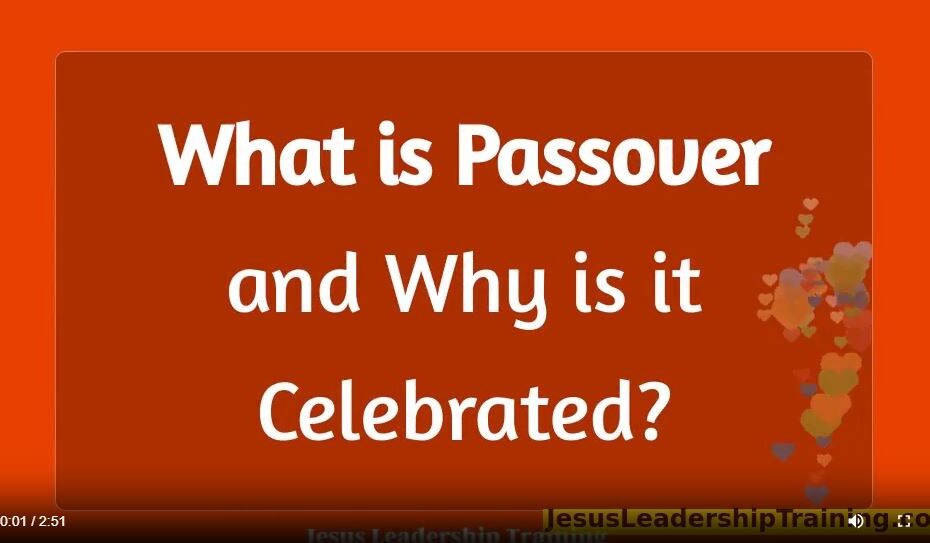Passover, known in Hebrew as Pesach, commemorates the Exodus of the Israelites from Egyptian slavery, as described in the Bible in the book of Exodus. This festival is central to Jewish tradition and has been observed since ancient times. The story of Passover is not only a narrative of liberation but also a foundational myth that shapes the identity and theology of the Jewish people. Although the primary source of the Passover story is found in the Hebrew Bible, which is part of the Old Testament in Christian Bibles, it provides valuable insights into the theme of deliverance, which is prevalent throughout Christian theology as well.
The story begins when God sees the suffering of the Israelites in Egypt and calls Moses to lead them to freedom. God commands Moses to go to Pharaoh and demand the release of the Israelites. When Pharaoh refuses, God unleashes ten plagues upon Egypt. The final and most devastating plague is the death of the firstborn Egyptians. The Israelites are instructed to mark their doorposts with the blood of a lamb, which causes the angel of death to pass over their homes, sparing them from the plague. This event is where the name “Passover” comes from. After this plague, Pharaoh finally agrees to let the Israelites go. However, when he changes his mind and pursues them, God parts the Red Sea, allowing the Israelites to escape and drowning the Egyptian army. The Passover feast commemorates this miraculous deliverance.
One relevant Bible verse that highlights the significance of Passover is Exodus 12:26-27: “When your children ask you, ‘What does this ceremony mean to you?’ then tell them, ‘It is the Passover sacrifice to the Lord, who passed over the houses of the Israelites in Egypt and spared our homes when he struck down the Egyptians.’” This verse underscores the importance of remembering and teaching future generations about God’s act of salvation.
Three main takeaways from the story of Passover are:
- The Power of Faith and Obedience: The Israelites’ deliverance was predicated on their faith in God’s instructions, demonstrated by the marking of their doorposts with lamb’s blood.
- God’s Justice and Mercy: Passover illustrates God’s justice in responding to the oppression of His people and His mercy in sparing the Israelites from the plagues, especially the death of the firstborn.
- The Theme of Liberation: Passover is a celebration of freedom from slavery, symbolizing the broader theme of spiritual and moral liberation that resonates throughout the Bible, including in the New Testament where Christ is seen as the ultimate Passover lamb, whose sacrifice brings deliverance from sin and death.


